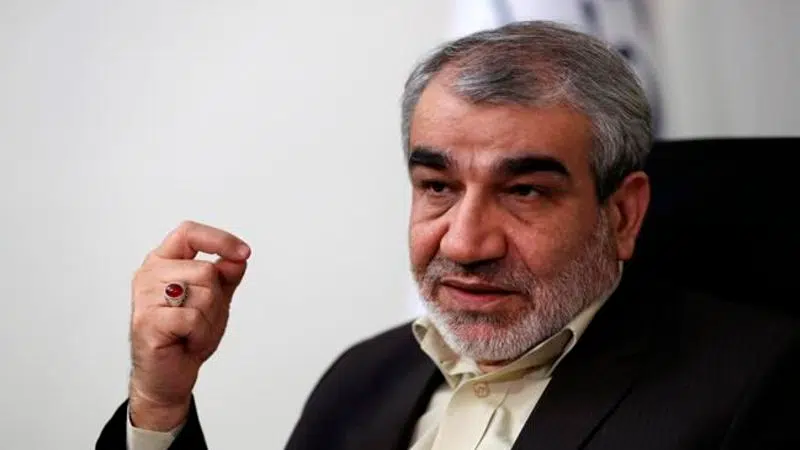
Powerful hard-liner: Iran should stop honouring nuclear deal
TEHRAN, Iran — A prominent member of Iran’s powerful Guardian Council has told The Associated Press that the Islamic Republic should stop honouring all terms of the collapsing 2015 nuclear deal with world powers amid tensions with the United States.
The comments by Abbas Ali Kadkhodaei show an increasing willingness among Iran’s hard-liners to use the country’s atomic program to pressure Western powers.
Nonproliferation experts are already concerned that steps Tehran has taken over the past months away from the accord narrow the estimated year it would need to build a nuclear bomb, if it chose to pursue one.
Yet Iran still allows United Nations inspectors to monitor its nuclear sites and hasn’t pushed its enrichment anywhere near weapons-grade levels of 90%.


